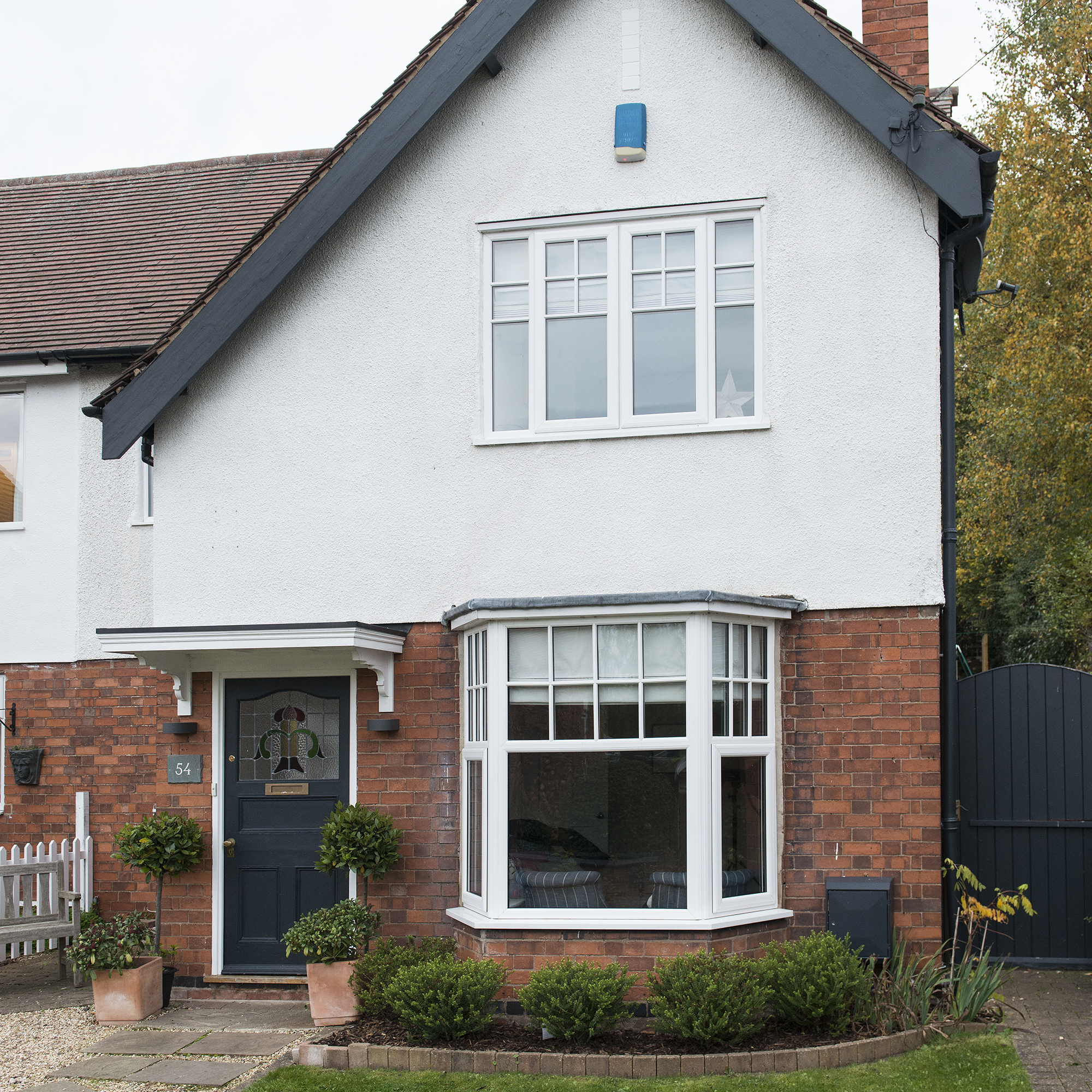What are sealed bids and how can you optimise your chances of winning?
In a property market where demand outweighs supply, you may find yourself having to submit a sealed bid. Here’s everything you need to know
Buying a home can be stressful, and if a property goes to ‘sealed bids’, leaving you in a bidding war, the tension really increases.
This process may be used in a rising property market where there’s fierce competition for the best properties. Then all the offers go on the table at the same time.
Here we explain how sealed bids work, and how to boost your chances of being the winner.
What are sealed bids and how do they work?

Sealed bids are sometimes used by estate agents and sellers when there’s a lot of interest in a property and plenty of offers flooding in.
Potential purchasers will each have to submit their bid in a sealed envelope by a specific date and time, including details of their financial circumstances. No bidder knows how much anyone else has offered, making sealed bids essentially like a blind auction for wannabe buyers
What’s the process?
You submit your bid in writing to the estate agent by a certain deadline. This includes your offer, your current buying position – whether you’re in a chain, getting a mortgage, or a cash buyer, for example – and proof of your mortgage offer. If possible, you should also include your solicitor’s details and proposed timings for the purchase. You then have to wait until the seller decides which bid to accept.
If you’re the seller, you’ll set a guide price and ask for written offers. It’s up to you which offer to accept. Depending on what you’re looking for, this doesn’t necessarily mean accepting the highest bid. You may want a prospective buyer who can move quickly as part of the deal. But just like any other sale, the acceptance of an offer isn’t legally binding for either party until signing of contracts.
Sign up to our newsletter for style inspiration, real homes, project and garden advice and shopping know-how
What are the pros of sealed bids?

Robert Peel, sales manager at Richmond estate agency Antony Roberts, says: 'Sealed bids tend to be a shorter process for all involved. Buyers get a few days to plan their offer and then it’s done. It means buyers avoid the stress and emotion of a particularly lengthy bidding war.'
Sellers, meanwhile, are likely to receive a strong offer that’s higher than the guide price, and more than they may have achieved otherwise. 'It’s a good way to quickly secure the maximum amount for a property possible, so you don’t have several buyers competing over weeks,' says Chris Sykes, associate director and mortgage consultant at Private Finance.
What are the cons of sealed bids?
As a buyer, you may pay more than market value, and the process can be very stressful. 'You’ve only got one shot at an offer, so there’s more pressure to get it right,' says Peel. Also, if your offer is accepted, you could still lose out, as a sealed bid isn’t legally binding. If the seller decides to accept a higher offer, or not to proceed, you won’t get the property.
As a seller, you have to take what you’re given. It’s assumed that one of the offers will be accepted, and any suggestion of further negotiations down the line will most likely prompt bad feelings.
As a buyer, how can I decide how much to offer?

As with any other purchase, only offer what you are prepared to pay. Don’t be tempted to offer more than you can afford to ensure you win.
In practice, you’re making an informed gamble here. There will usually be a good price that is a useful starting point, and you can look at how much properties in the area have sold for on the Land Registry. Then use your judgement. With other types of property purchase, the buyer may be tempted to start with a low offer. That isn’t an option with sealed bids, so think about what others might be prepared to offer.
'You may feel comfortable making an offer in excess of the perceived market value if you know the property is a rare find,' says Peel. “ If you plan to live there for five years or more, this will allow time for the market value to increase again.'
How can I optimise my chances of a successful bid?
Your success isn't necessarily all about the figure that you are bidding. If you’re a first-time or cash buyer, you’re a good option for the seller. Stress that! 'Or, if you’ve got your side of the chain sorted, mention this in a letter alongside the bid,' says Sykes.
It’s best to have a mortgage broker write a letter about your circumstances and potential to proceed quickly, and have a solicitor ready to use. Also, if you’re comfortable doing so, personalising your offer may appeal to the sellers. Include some information about your family, for example. If the seller has children, say, talk about how your own children would love the property.